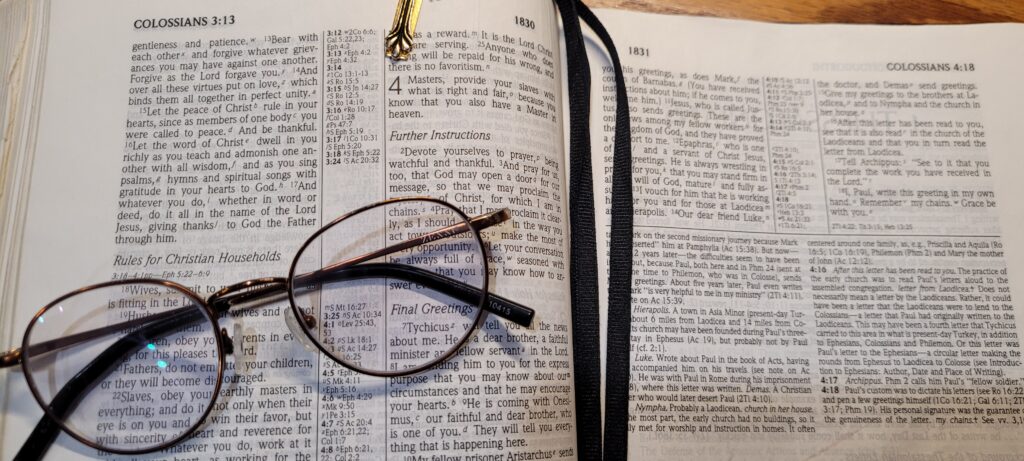Love Ran Red
1 John 1:7b (ESV) …the blood of Jesus his Son cleanses us from all sin.
I was the guest preacher at a church earlier this month. At their contemporary service, one of the songs was Chris Tomlin’s “At the Cross (Love Ran Red).” This is the refrain:
At the cross, at the cross I surrender my life
I’m in awe of You, I’m in awe of You
Where Your love ran red And my sin washed white
I owe all to You, I owe all to You Jesus
When we look to the cross, we should be filled with awe at what happened there. Something believers have learned and need to be reminded of is that the love of God ran red at the cross. Jesus bleeding there is the display of God’s love for mankind. It was love that put Him on that cross in your place. He would not have had to go to that instrument of pain and torture were it nor for our sin. In fact, that was the entire reason He came down to this earth as one of us and lived among us.
1 John 3:16a (NIV84) This is how we know what love is: Jesus Christ laid down his life for us.
We keep this tremendous love in mind when we confess our sins to God, whether that is in worship with other believers or in our private confession to God in our home. We admit to God that we have sinned, that we continue to sin, and that we trust His promise to forgive us for the sake of Jesus. We remember that love that ran red when Jesus shed His blood for us.
God is pleased to hear our confession. He hears and forgives us because of what Jesus did. We believe He paid our debt and that gets us the benefit of what He did. Your sins have been washed, God sees you as clean, white as snow, and you owe it all to Jesus.

